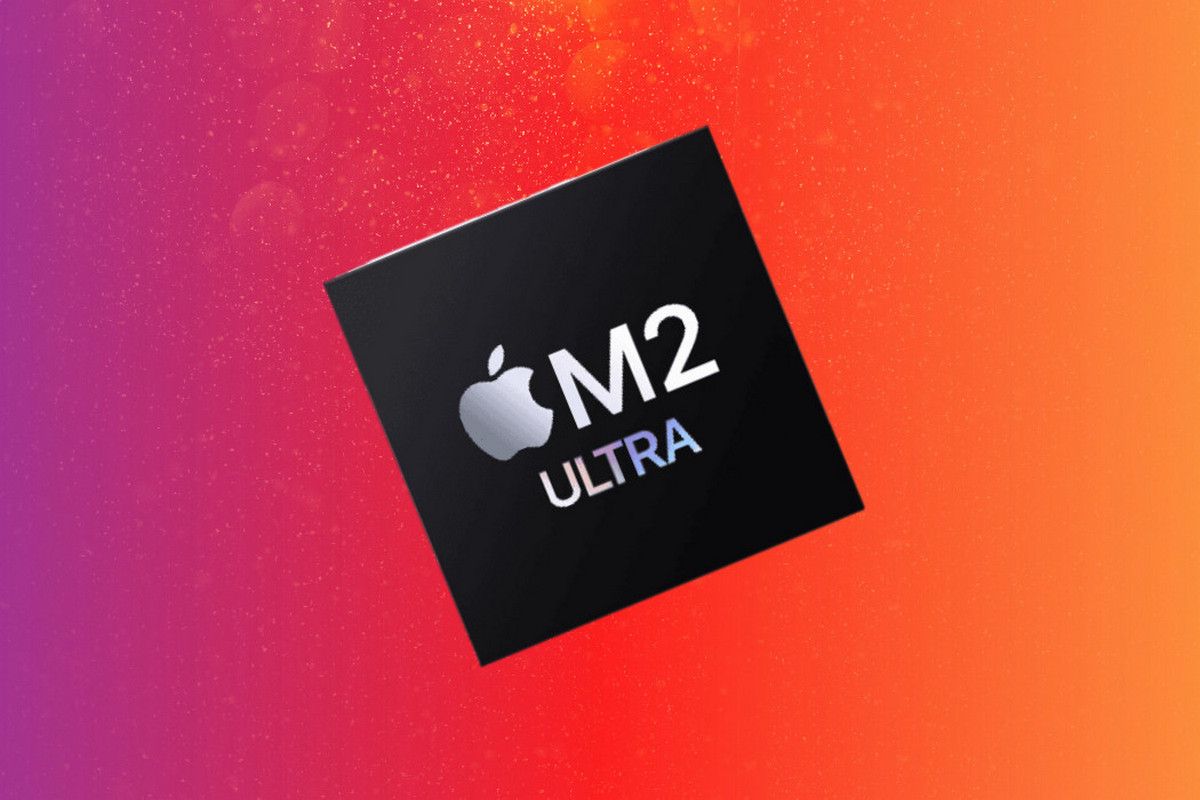At its WWDC event last week, Apple launched the all-new Mac Studio and Mac Pro powered by the company's latest custom desktop processor, the M2 Ultra. A week later, the first benchmarks for the new chip have emerged, giving us an idea about its raw performance potential. Interestingly, multiple Geekbench listings suggest that the M2 Ultra is clocked at two different speeds for different devices. While one set of results show the chip clocked at around 3GHz or less, another set of benchmarks suggest that it's clocked much higher, at around 3.6GHz.
Looking at the benchmark scores of the faster chip, it was able to rack up around 2,800 points in the single-core benchmark on Geekbench 6, and around 21,500 points in the multicore test. Both those numbers, however, are lower than the scores achieved by the latest flagship desktop CPU from Intel and comparable to the top-end AMD chip. While the 24-core Core i9-13900KS routinely racks up around 3,500 points in the single-core test and around 23,600 points in the multicore benchmark, the 16-core Ryzen 9 7950X3D scores around 3,000 and 20,000 in the single-core and multicore tests, respectively.
It is worth noting that unlike the M2 Ultra, both the Core i9-13900KS and the Ryzen 9 7950X3D are mainstream desktop parts not meant to power high-end workstations. So a better comparison for the M2 Ultra will likely be against the Epyc, Threadripper, or Xeon chips, which are likely to be even faster in the benchmarks than the Core i9 or Ryzen CPUs. That said, synthetic benchmarks do not always indicate real-world performance, so it remains to be seen how the M2 Ultra performs vis-à-vis the Intel and AMD chips in practical applications.
Coming to the M2 Ultra's graphics chops, it managed to rack up just over 220,000 points in the Geekbench 6 Compute benchmarks using Metal API and around 155,000 using OpenCL. The numbers are lower than the scores achieved by the RTX 4080, suggesting that the M2 Ultra would be slower than Nvidia's new high-end cards in graphics-intensive workloads. However, it is once again important to take these synthetic benchmarks with a pinch of salt, as they do not necessarily indicate real-world performance.

